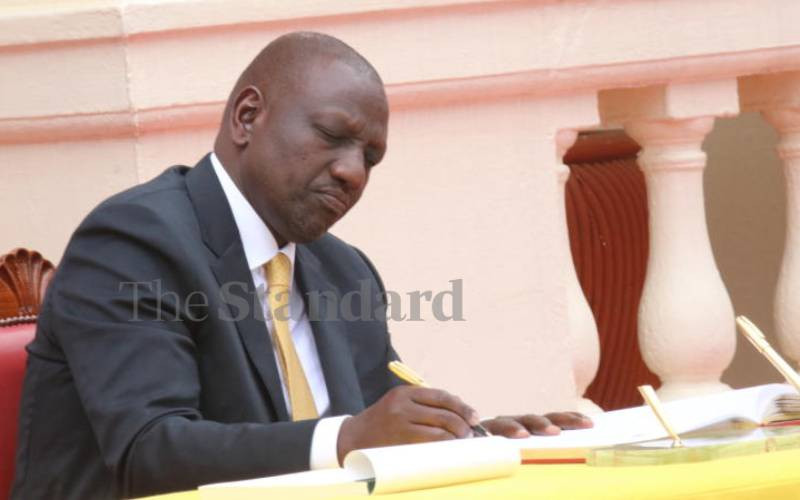×
The Standard e-Paper
Kenya’s Boldest Voice

As the new administration settles into office, the lingering question is; how can a new regime be inoculated against the malignancy of vendetta?
How can it approach looming public sector reorganisation from a long-term view that demands robust conceptual energy rather than transient election victory bravado? These questions offer an opportunity for introspection and point to the inescapable fact that more conceptual rigour will be needed in shaping public sector reorganisation.